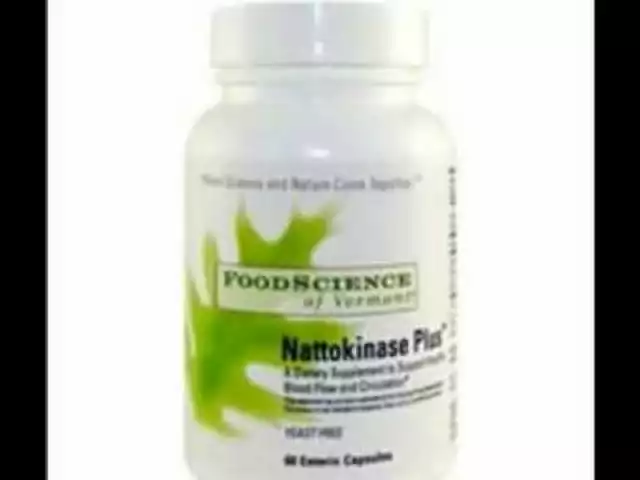Heartburn treatments: fast relief and what really works
Heartburn stings or burns behind the breastbone. It happens when stomach acid comes up into the esophagus. You can get quick relief at home, but if it keeps coming back, other treatments can help you feel normal again.
Start with easy fixes. Antacids (Tums, Rolaids) neutralize acid fast and work for occasional heartburn. Alginate products (like Gaviscon) form a foam barrier and reduce reflux from the stomach—useful after a big meal. For more lasting effect, H2 blockers such as famotidine (Pepcid) lower acid for several hours. Proton pump inhibitors (PPIs) like omeprazole or esomeprazole stop acid production and work best for frequent or moderate-to-severe symptoms.
Simple lifestyle changes that help every day
What you change at home matters. Lose a little weight if you need to—even 5–10% can reduce reflux. Eat smaller meals and avoid heavy dinners late at night. Stay upright for two to three hours after eating. Raise the head of your bed 6–8 inches if you reflux at night—stacking pillows usually won’t do the trick. Cut back on known triggers: alcohol, caffeine, chocolate, spicy or fried foods, peppermint, and acidic drinks like orange juice and soda. Quit smoking—nicotine weakens the valve between your stomach and esophagus.
When medicines aren’t enough (and what comes next)
If you have symptoms more than twice a week, ask a doctor about a PPI trial. Use the lowest effective dose and review the need for long-term use regularly. Long-term PPI use has been linked in studies to higher risk of low magnesium, lower vitamin B12, and slightly higher risk of bone fractures and kidney issues—so keep follow-up with your provider. H2 blockers work well for mild or intermittent symptoms and can be used as step-down therapy from PPIs.
For people who don’t respond to medicines, options include prescription prokinetics (used rarely due to side effects), anti-reflux surgery like Nissen fundoplication, or newer endoscopic procedures (TIF). These are for persistent, severe reflux or when medication is not wanted long-term.
See a doctor right away if you have trouble swallowing, unexplained weight loss, vomiting, black stools, or severe chest pain. Those are alarm signs that need prompt evaluation. For pregnancy-related heartburn, antacids and famotidine are usually preferred; always check with your obstetrician first.
Heartburn can feel terrible, but most people get relief with simple measures or a short course of medication. If you’re unsure which option fits you, bring a short symptom diary to your doctor—notes about when heartburn happens and what you eat make decisions faster and safer.




